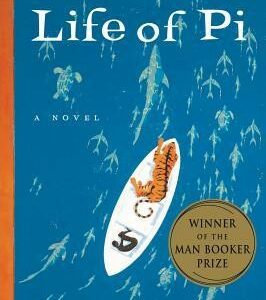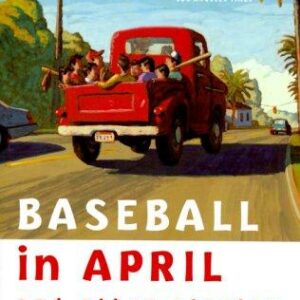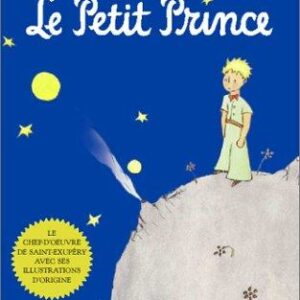Cinema is the Strongest Weapon
$120.00
| Title | Range | Discount |
|---|---|---|
| Trade Discount | 5 + | 25% |
- Description
- Additional information
Description
A deep dive into Italian cinema under Mussolini’s regime and the filmmakers who used it as a means of antifascist resistance Looking at Italy’s national film industry under the rule of Benito Mussolini and in the era that followed, Cinema Is the Strongest Weapon examines how cinema was harnessed as a political tool by both the reigning fascist regime and those who sought to resist it. Covering a range of canonical works alongside many of their neglected contemporaries, this book explores film’s mutable relationship to the apparatuses of state power and racial capitalism. Exploiting realism’s aesthetic, experiential, and affective affordances, Mussolini’s biopolitical project employed cinema to advance an idealized vision of life under fascism and cultivate the basis for a homogenous racial identity. In this book, Lorenzo Fabbri crucially underscores realism’s susceptibility to manipulation from diametrically opposed political perspectives, highlighting the queer, Communist, Jewish, and feminist filmmakers who subverted Mussolini’s notion that “cinema is the regime’s strongest weapon” by developing film narratives and film forms that challenged the prevailing ethno-nationalist ideology. Focusing on an understudied era of film history and Italian cultural production, Fabbri issues an important recontextualization of Italy’s celebrated neorealist movement and the structural ties it shares with its predecessor. Drawing incisive parallels to contemporary debates around race, whiteness, authoritarianism, and politics, he presents an urgent examination into the broader impact of visual media on culture and society. Retail e-book files for this title are screen-reader friendly with images accompanied by short alt text and/or extended descriptions.
Lorenzo Fabbri is associate professor of French and Italian at the University of Minnesota.
Preface and Acknowledgments. Fascism and Us Introduction. Race War through Other Media 1. The Government of the Ungovernable: Race and Cinema in Early Italian Film Novels 2. Workers Entering the Military-Industrial Complex: Pirandello’s and Ruttman’s Acciaio 3. White, Red, Blackshirt: Blasetti’s Ecofascist Realism 4. The Shame of Escapism: Camerini’s Anthropological Machines 5. The White Italian Mediterranean: De Robertis, Rossellini, and Fascism’s Melodramatic Imperialism 6. De Sica’s Genre Trouble: Laughing Fascism Away? 7. Queer Antifascism: Visconti’s Ossessione and the Cinema Conspiracy against Ethno-Nationalism Conclusion. On Neorealism: The Ends of the Resistance and the Birth of an Area Notes Index
Additional information
| Weight | 1 oz |
|---|---|
| Dimensions | 1 × 6 × 9 in |











